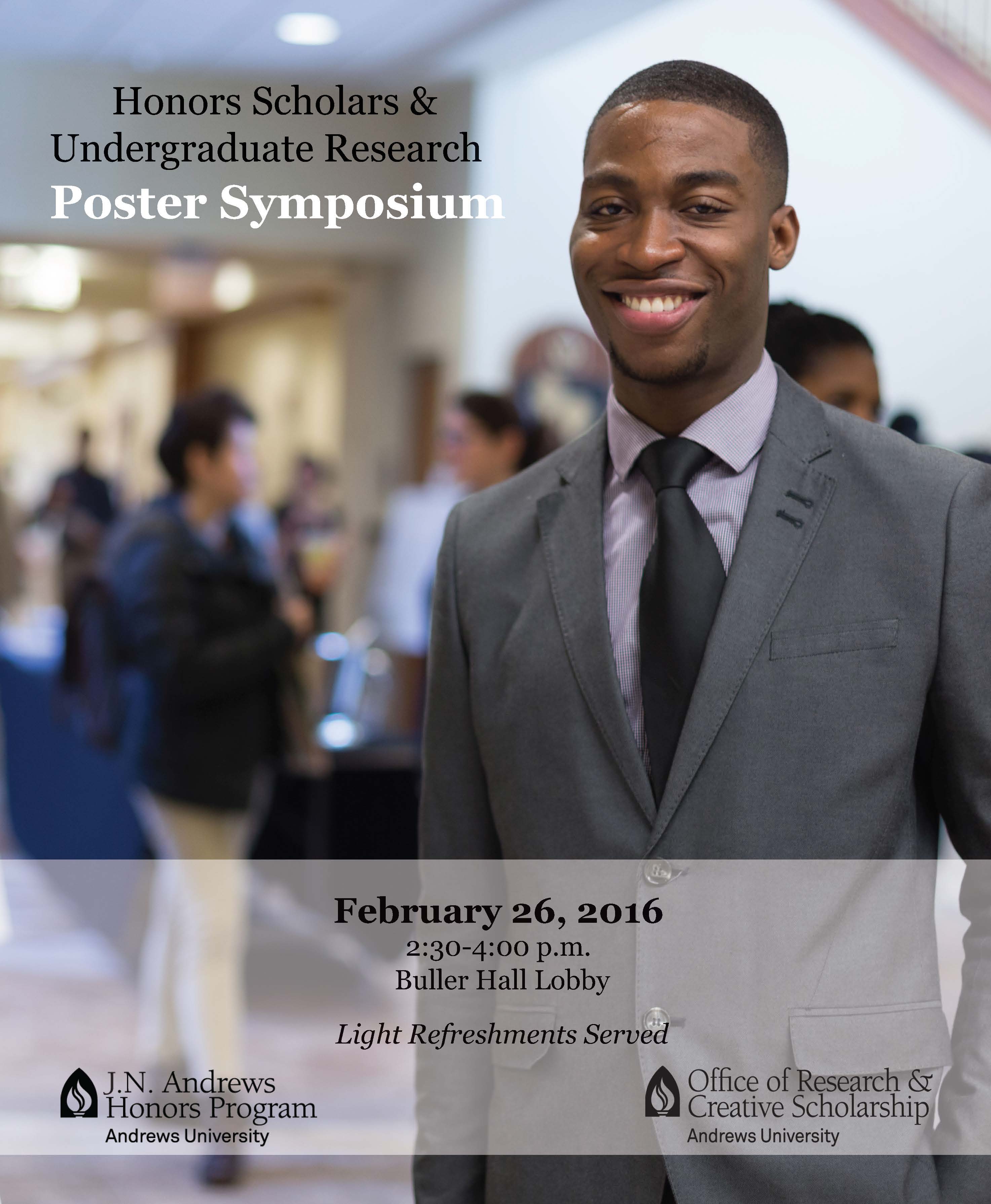Poster Title
P-42 Moral Reasoning and Judgment About Ending Life Revisited: Influences of Religiosity, Generation, and Resilience
Abstract
This study examines age, religiosity, and resilience as predictors of moral reasoning and judgments about ending life issues including suicide, physician-assisted suicide, active euthanasia, and mercy-killing. Suicide refers to individuals ending their own life. Physician-assisted suicide refers to medical professionals providing the means to end a life, but not administering the fatal dose. Active euthanasia refers to medical professionals administering a fatal dose. Mercy killing refers to a loved one ending a life in an act of compassion. Multiple regression analysis is expected to show lower age, resilience, and religiosity as predictors of permissive moral reasoning and judgments.
Location
Buller Hall
Start Date
2-26-2016 2:30 PM
End Date
2-26-2016 4:00 PM
P-42 Moral Reasoning and Judgment About Ending Life Revisited: Influences of Religiosity, Generation, and Resilience
Buller Hall
This study examines age, religiosity, and resilience as predictors of moral reasoning and judgments about ending life issues including suicide, physician-assisted suicide, active euthanasia, and mercy-killing. Suicide refers to individuals ending their own life. Physician-assisted suicide refers to medical professionals providing the means to end a life, but not administering the fatal dose. Active euthanasia refers to medical professionals administering a fatal dose. Mercy killing refers to a loved one ending a life in an act of compassion. Multiple regression analysis is expected to show lower age, resilience, and religiosity as predictors of permissive moral reasoning and judgments.




Acknowledgments
Dr. Harvey Burnett